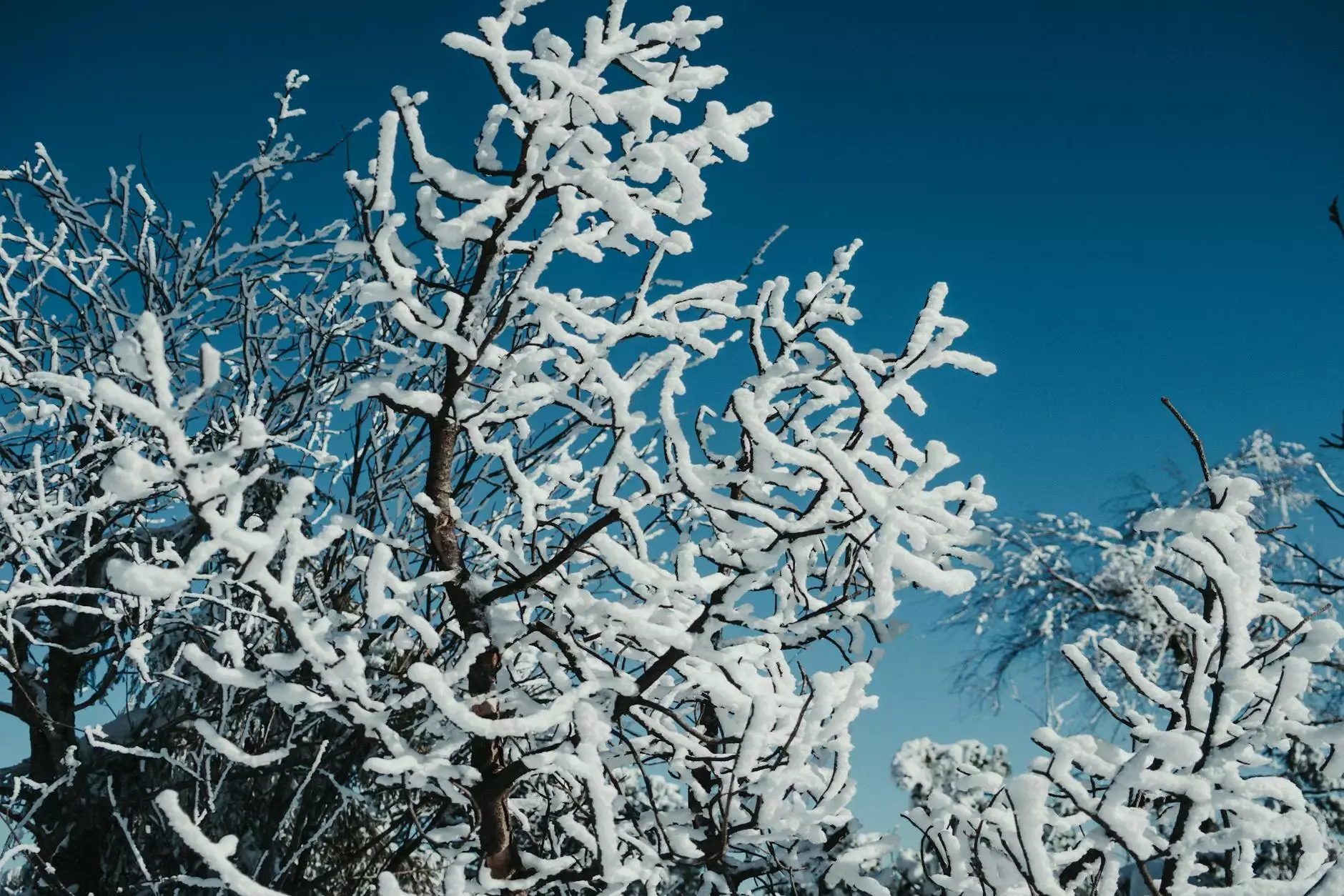The Impact of Boise Average Snowfall on Real Estate Opportunities

Boise, Idaho, is not just known for its vibrant culture, breathtaking landscapes, and outdoor activities; it is also characterized by its unique weather patterns, particularly its average snowfall. Understanding how the boise average snowfall interacts with the real estate market can provide valuable insights for both potential buyers and seasoned investors. In this comprehensive article, we'll dive deep into the implications of snowfall on real estate in Boise, helping you make informed decisions in this captivating market.
Understanding Boise's Climate and Snowfall Patterns
Before we examine the impact of weather on real estate, it's essential to appreciate Boise's climate. Boise is located in a semi-arid climate zone, which translates to relatively low annual precipitation levels. However, its position in the foothills of the Rocky Mountains contributes to a diverse weather system that includes significant snowfall during the winter months.
- Average Snowfall: Boise receives approximately 17 to 20 inches of snow each winter.
- Peak Snow Months: Typically, the heaviest snowfall occurs from December through February.
- Temperature Variations: Winter temperatures average around 26°F to 38°F, creating a suitable environment for snow accumulation.
How Snowfall Affects Property Values
The interplay between weather conditions and property values is a prominent area of interest for real estate professionals. Understanding the boise average snowfall helps in evaluating how winter weather influences the desirability of different neighborhoods.
Positive Impacts of Snowfall on Property Values
Surprisingly, while excessive snowfall can deter some buyers, in many cases, the right amount of snow can enhance property values:
- Winter Recreation: Local amenities such as ski resorts and snowmobiling trails become more appealing to potential buyers, driving demand.
- Community Appeal: Snow-covered landscapes can boost the aesthetic value of neighborhoods, making them more attractive.
- Seasonal Activities: The presence of snow encourages various winter sports and events, cultivating a vibrant community that is attractive year-round.
Challenges Posed by Snowfall
While there are optimistic perspectives regarding snowfall, challenges also arise:
- Maintenance Costs: Properties may require additional maintenance during winter months — think snow removal and winterization of homes.
- Accessibility Issues: Heavy snowfall can affect accessibility, especially in hilly areas, which may deter buyers.
- Market Fluctuations: Real estate activity often slows down during particularly harsh winters, impacting sales and transactions.
The Role of Local Real Estate Agents
Engaging with a knowledgeable local real estate agent, like those at xorealestate.com, can be invaluable in navigating the impact of boise average snowfall on property decisions. Local agents bring expertise on:
- Market Trends: They can provide insights on how snowfall trends affect the housing market.
- Neighborhood Insights: Familiarity with specific neighborhoods enables agents to inform you about their resilience or vulnerability to snowy weather.
- Investment Opportunities: Local experts can help identify properties that offer potential for appreciation, even in challenging weather markets.
Seasonal Real Estate Strategies in Boise
Understanding the unique weather dynamics in Boise, especially its average snowfall, equips buyers and sellers with strategies to navigate the market effectively. Here are some practical tips:
For Buyers
- Assess Winter Performance: Look for properties that have demonstrated resilience during winter months — consider factors like snow removal, insulation, and heating efficiency.
- Embrace the Off-Season: Winter can be a great time to buy, as fewer buyers in the market may translate to better deals.
- Explore Outdoor Amenities: Properties near winter recreational facilities often hold higher values during the snowy season.
For Sellers
- Showcase Winter Features: Highlight features that appeal in winter, such as fireplaces, heated garages, and energy-efficient heating systems.
- Be Prepared for Showings: Ensure that the property is accessible and presentable during snowy months, including prompt snow removal from driveways and walkways.
- Market Seasonal Activities: Use winter attractions to appeal to buyers looking for recreational opportunities.
Investing in Winter-Friendly Properties
For investors, understanding how boise average snowfall affects real estate values creates opportunity. Consider the following investment strategies:
- Short-Term Rentals: Properties that cater to winter sports enthusiasts (e.g., ski cabins) may prove lucrative.
- Long-Term Rentals: Given that Boise is growing rapidly, properties close to amenities that are active during winter months can attract year-round tenants.
- Renovation Opportunities: Look for homes that could use winter-proofing improvements, like better insulation or modern HVAC systems — enhancing the property’s appeal and value.
Conclusion: Making Informed Decisions in Boise's Real Estate Market
In conclusion, understanding the boise average snowfall is crucial for anyone involved in the real estate market in Boise, Idaho. The unique snow conditions influence both property values and buyer preferences. By engaging local experts from xorealestate.com, you can gain invaluable insights that will aid in making informed decisions, whether you are buying, selling, or investing.
As winter continues to roll around each year, it serves as a reminder that snow is not merely a weather pattern, but a significant factor in the overall dynamics of Boise's real estate market. With the right knowledge and guidance, you can not only navigate this challenging environment but also thrive within it.









